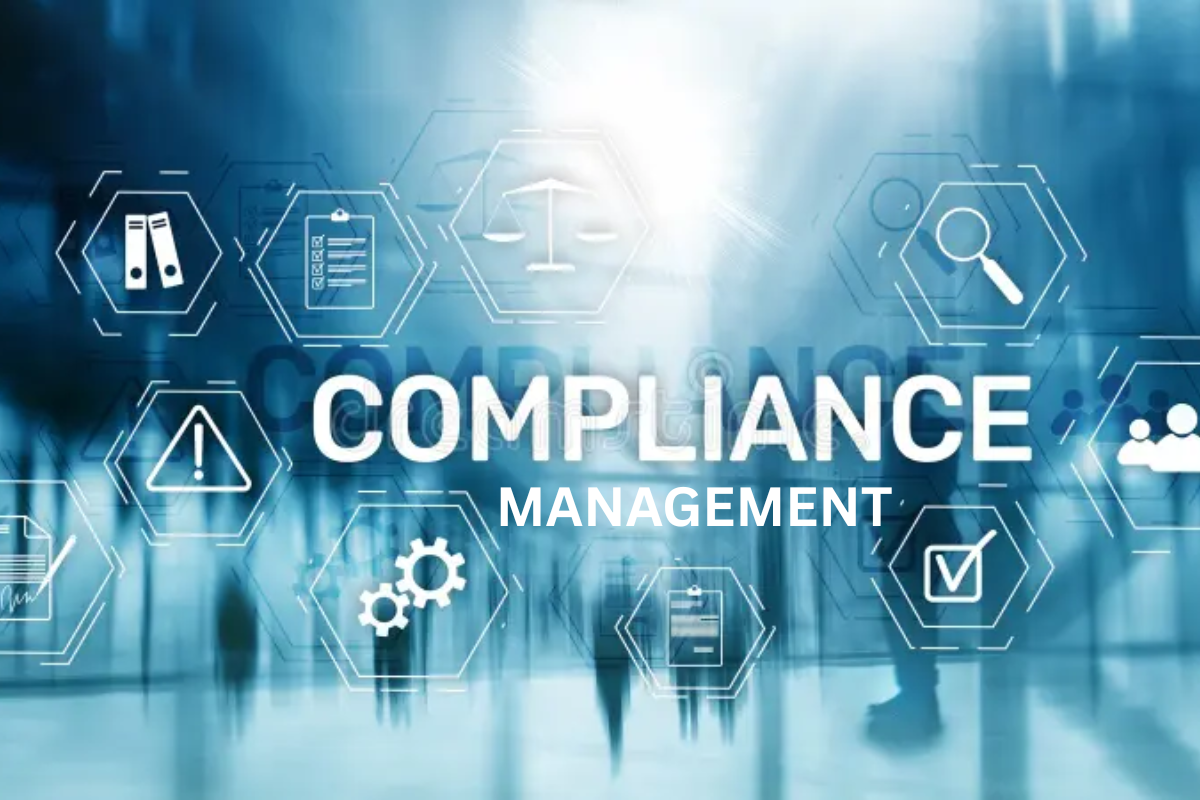Compliance of management systems is a process of ensuring that online businesses conform to policies, standards, and regulations safeguarding data and technology. Companies are exposed to security risks, privacy, and stringent compliance regulations in today’s ever-evolving digital environment. Compliance of management systems renders companies secure, avoids fines, and gains the confidence of clients and partners.
It covers issues like data protection, cybersecurity, and compliance with the law. By achieving management system compliance, companies can experience smoother operations, reduced risks, and remain competitive in technology sectors. It’s not just a matter of complying with regulations—it’s about creating a culture of responsibility and improvement.
Digital Demand for Compliance Systems
With the rapidly evolving tech environment today, online businesses are exposed to new threats daily. Compliance with management systems allows businesses to remain in sync with regulatory guidelines while protecting their IT processes. This is particularly critical since companies now deal with more sensitive information.
Through management system compliance, organizations are able to gain the trust of customers, partners, and regulators. Compliance also improves workflows, reduces mistakes, and stops data abuse. For online companies, compliance is not just being compliant with rules—it’s about having a solid foundation for growth in an increasingly digitalizing and interconnected world.
Core Principles of Compliance Systems
Compliance within a management system is founded on a number of principles that guide digital businesses towards stability and security. Upkeep of these principles avoids companies from getting into legal issues and maintaining data protection.
- Accountability: Compliance is each member’s responsibility within the team.
- Consistency: Processes must be uniform across all systems.
- Transparency: Transparent reporting builds regulator confidence.
- Adaptability: Compliance must adjust to new tech advancement.
Through compliance with these principles, adherence to the management system is a guaranteed method of protecting enterprise technology and adapting to global standards.
Cloud Impact on Compliance Systems
The advent of cloud computing has completely transformed how compliance for the management system functions. Cloud technology makes data storage, sharing, and analysis possible but also presents new risks in regards to privacy and security.
Digital companies have to introduce compliance with the management system on cloud infrastructures in order to secure data and adhere to regulations. This includes the use of encryption, restricted access, and choosing cloud providers that are compliant. As more businesses shift to the cloud, complying is still one of the most vital things in digital business growth.
AI Driving Compliance Automation
Artificial Intelligence is transforming management system compliance by reducing human effort and maintaining higher accuracy. With AI, companies can monitor data in real-time, detect threats faster, and maintain compliance up to date at all times.
AI-driven management system compliance also lightens the time and cost burden by automating reporting tasks. It becomes less stressful for IT departments, and they can focus on innovation. With more sophisticated AI tools, online businesses will have compliance systems that are smarter, responsive, and able to avert issues before they occur.
Compliance as Cybersecurity Shield
Cyber threats are more advanced by the day, and management system compliance is paramount in securing firms. Compliance ensures firms are playing by the security book and have adequate protection measures in place.
Adherence to the management system helps companies detect loopholes before hackers do. It creates a security culture that protects data, customer trust, and business continuity. In today’s world where cyberattacks are common threats, compliance is an umbrella that secures enterprise technology while keeping it in line with regulatory standards.
Compliance in Data Governance
Compliance with the management system is critical for effective data governance. Digital businesses process enormous volumes of data every day, and compliance guarantees that this information is processed lawfully and securely.

With governance of management systems, businesses can put in place policies around data gathering, storage, and transfer. This helps ensure that privacy is simple to maintain and that government regulations are met. Governance also helps with transparency, making businesses more reliable according to customers and partners. With governance coupled with compliance, businesses can then integrate efficiency and accountability within their data processes.
Challenges in Achieving Compliance
Digital companies face a number of challenges when adapting to management system compliance. These challenges often hamper growth and create unwanted risks. A number of the most significant challenges are:
- Ongoing changes in global regulations.
- Expensive cost of compliance software.
- Unskilled compliance experts.
- Difficulty in integrating compliance with legacy systems.
Despite all these difficulties, management system compliance remains inevitable for sustainable development. Digital businesses can foresee and design more stable models to meet compliance goals without undermining innovation by understanding all these difficulties.
Frequently Asked Questions
1. What is management system compliance?
Compliance management system means following rules, standards, and legislations to make digital businesses run safely, legally, and efficiently.
2. Why is compliance management system imperative for companies?
It protects sensitive data, prevents security risks, and helps companies avoid lawsuits while building customer trust.
3. How does compliance management system help internet-based businesses?
It improves operations by ensuring all systems meet industry standards, improves cybersecurity, and makes procedures more reliable.
4. What are the drawbacks in management system compliance?
Firms are faced with issues like changing regulations, cost, and fitting compliance into antiquated systems, but vision reduces most issues.
Next Generation Compliance
Technology is evolving rapidly, and management system compliance is following suit. Digital firms have the promise of new tools that speed up compliance, make it more intelligent, and easier to use.
Other new developments are blockchain for transparent record-keeping and predictive analytics to identify risks before they have a chance to gain traction. These technologies will render compliance for management systems more reliable than ever. By adopting future-proof solutions, digital companies can take the lead on regulations and develop stronger, safer, and more streamlined technology infrastructure.
For more : Unlocking Instr’s Hidden Features: A Step-by-Step Walkthrough


